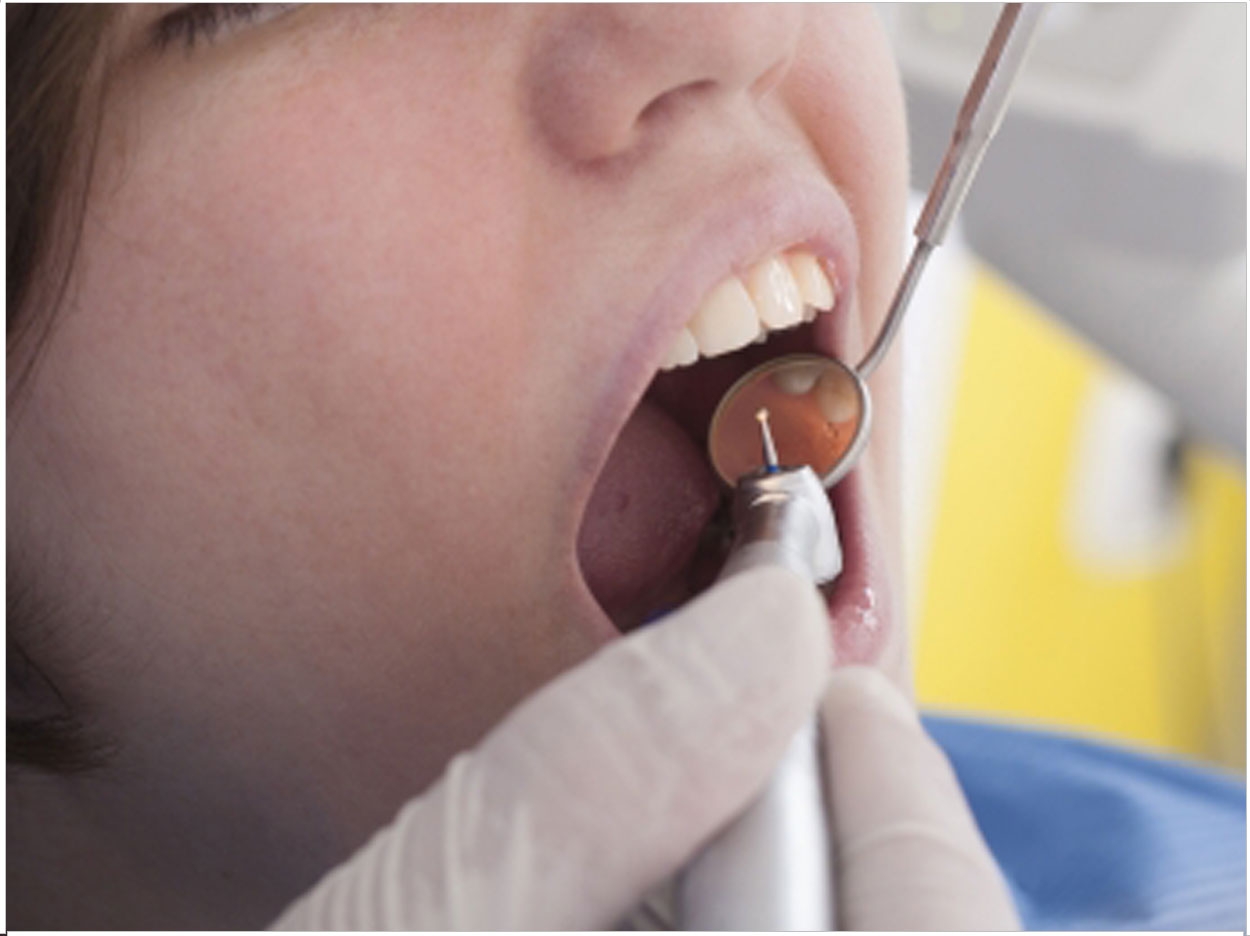
There’s good news in caries treatment from Down Under. Researchers from the University of Sydney have developed a set of preventative protocols that reduce the need for fillings by 30% to 50%.
“It’s unnecessary for patients to have fillings because they’re not required in many cases of dental decay,” said associate professor Wendell Evans, lead author of the 7-year study published in Community Dentistry and Oral Epidemiology.
The Caries Management System (CMS) covers the assessment of decay risk, the interpretation of dental x-rays, and specific treatment of early decay, or decay that hasn’t yet developed into a cavity.
“It takes an average of 4 to 8 years for decay to progress from the tooth’s outer layer to the inner layer,” said Evans. “That is plenty of time for the decay to be detected and treated before it becomes a cavity and requires a filling.”
Dentists begin CMS by applying a high-concentration fluoride varnish to early decay. Patients provide greater attention to their home tooth brushing skills while restricting between-meal snacks and beverages with added sugar.
Dentists and patients then work together on risk-specific monitoring. The researchers tested CMS on high-risk patients at Westmead Hospital in Sydney with great success, according to the study.
“It showed that early decay could be stopped and reversed and that the need for drilling and filling was reduced dramatically,” said Evans. “A tooth should only be drilled and filled where an actual hole in the tooth (cavity) is already evident.”
General dental practices in New South Wales and the Australian Capital Territory also tested the CMS treatment. After 7 years, CMS reduced decay risk and the need for fillings by 30% to 50% compared to the control group.
“The reduced decay risk and reduced need for fillings was understandably welcomed by patients,” Evans said. “However, patients play an important role in their treatment. This treatment will need a partnership between dentists and patients to be most successful.
Related Articles
Liquid Reveals Early Decay and Could Spare Drilling
Restorations Don’t Always Reduce Caries Risk
Study Examines Erroneous Diagnoses of Caries












